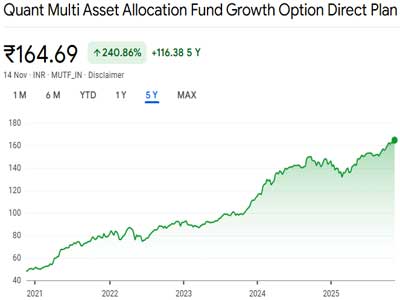Better use of digital technologies can provide financial analysts with a more reliable and accurate way of predicting a firm’s future performance, according to new research from Durham University Business School.
The study, conducted by Prof Guanming He, alongside colleagues Dr April Zhichao Li of the University of Exeter and Dr Tiantian Lin of the School of Economics and Finance, Huaqiao University, seeks to explore how the digital revolution is impacting industry performance and future prospects, beyond simply enabling companies to keep pace with their competitors.
“In the digital age, emerging technologies such as artificial intelligence, blockchain, and big data analytics have fundamentally transformed the business landscape as firms seek to maintain competitiveness in an increasingly dynamic market,” says Prof He. “This has profoundly affected their operations, investments, and information management, but its implications for a firm’s future prospects and the broader capital markets remain ambiguous to investors and analysts alike.”
“Whilst moving swiftly to implement new digital technologies can bring significant wins for a company, it also introduces a layer of uncertainty, particularly for external stakeholders trying to evaluate the firm’s future prospects”, Prof He warns. “At present, the extent to which digitalisation contributes to the uncertainty of a firm’s future performance remains insufficiently understood.”
To provide greater clarity, his research paper focuses on the impact that digital advancements have on the ability of financial analysts, who play the role of information intermediaries in the stock market, by examining how their forecasts for firms are shaped by corporate digitalisation activities.
The researchers analysed two datasets, annual reports of Chinese firms listed on the Chinese Research Data Service platform between the years 2011 and 2022, and data from the China Stock Market and Accounting Research (CSMAR) database. China provides a unique and timely setting for the study, the researchers state, due to the country’s nationwide push for corporate digitisation.
The study confirmed that firms with higher levels of digitalisation exhibit significantly improved forecast accuracy from the analysts who cover them. The improvement is largely attributed to better information quality, greater investment efficiency, and enhanced operational efficiency, all enabled by digital tools.
Furthermore, the study found that corporate digitalisation had a more positive impact on the accuracy of forecasts by analysts who had both greater work capabilities and more information resources to leverage.
However, firms with lower innovation levels were also found to benefit more from digitalisation in terms of analyst forecast accuracy, suggesting that investment in digital transformation may be able to compensate for a lack of innovation-driven insight or effort.
Tech literacy was also proven to be a beneficial factor. The researchers noted that firms in high-tech industries were able to leverage digital transformation more effectively to enhance their business operations, resulting in more accurate forecasts by analysts.
The researchers believe these results hold important implications for market participants and policymakers, as digitalisation not only improves internal efficiencies but also strengthens the external informational environment. This, in turn, helps financial analysts fulfil their crucial role as information intermediaries, facilitating more informed investor decisions.
“Given the importance of analyst forecasts in guiding investors’ decisions, understanding the impact of corporate digitalisation not only on day-to-day operations but also on analysts’ forecast accuracy is crucial,” concludes Prof He. “Our research also implies that corporate digitalisation leads to greater clarity and reduced uncertainty regarding a firm’s future outlook. In this regard, digitalisation had better be actively encouraged and promoted in the business arena.”


















Related Items
When treatment becomes a profit-driven business…
India, from crowded bazaars to digital browsers…
Financial concerns affect electricity usage more than environmental…